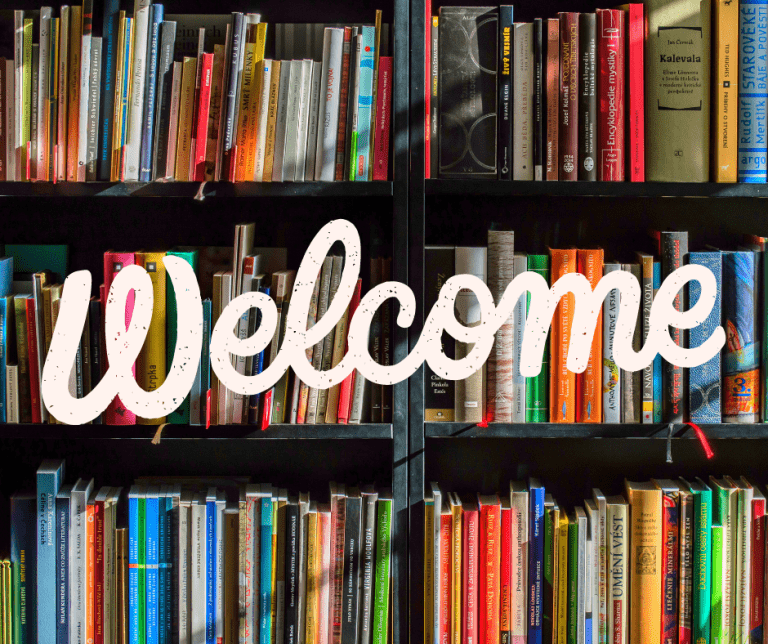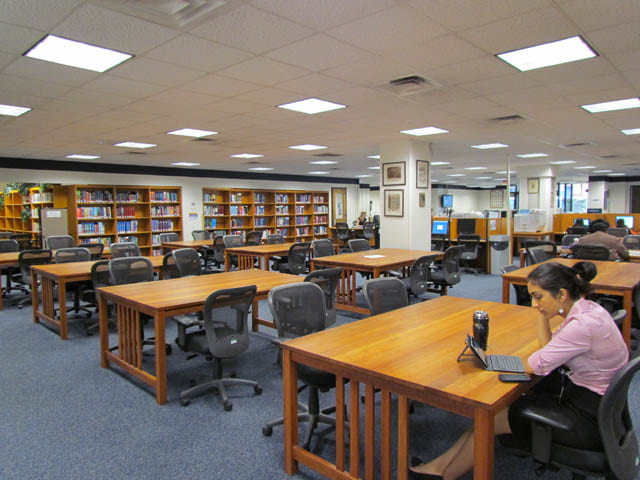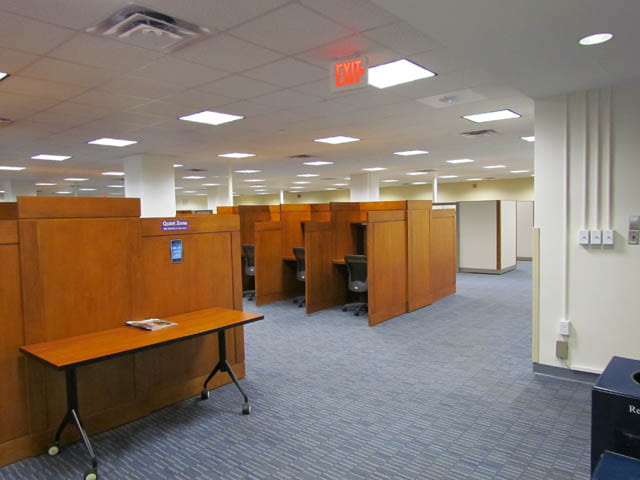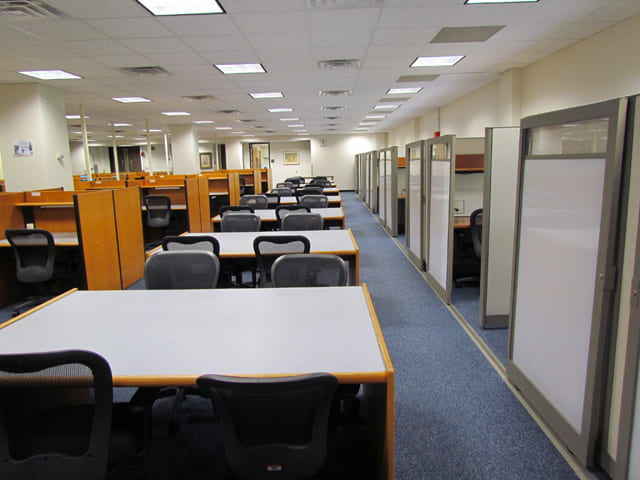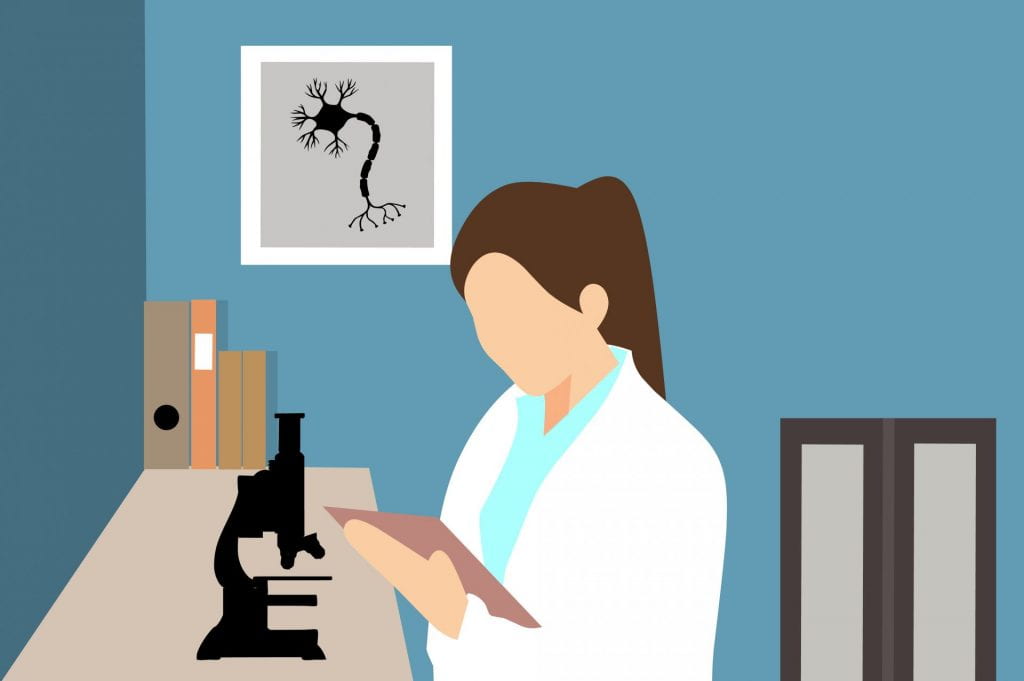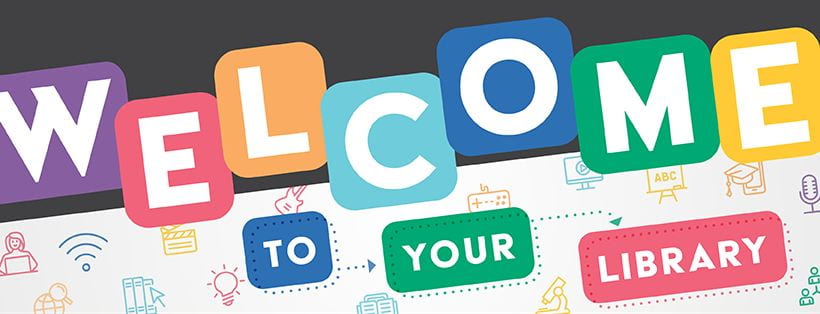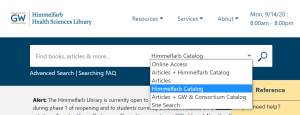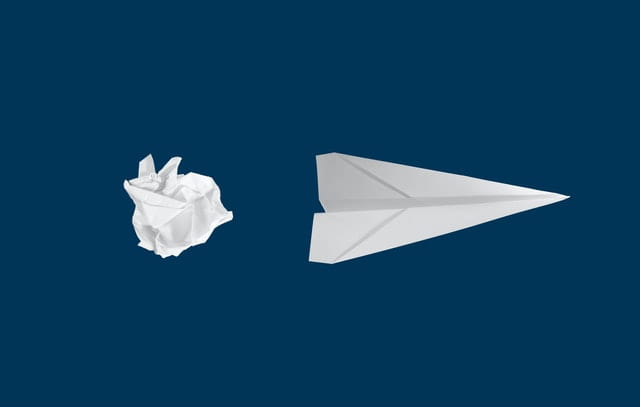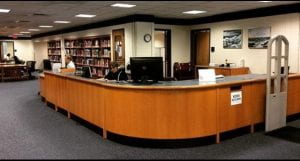The staff at Himmelfarb Health Sciences Library would like to extend a warm welcome to the incoming Medical Student class of 2027! Over the coming days and weeks, you will grow familiar with the George Washington University campus and begin your medical school coursework. To help you learn more about Himmelfarb Library and the services available to you as students, this article will serve as a primer for everything you should know about the library.
Himmelfarb Library is open twenty-four hours a day, seven days a week. Reference services are available Monday through Thursday from 8:00 am-8:00 pm, Fridays from 8:00 am- 4:00 pm and Sundays from 4:00 pm- 8:00 pm.
The library has a collection of physical and electronic media including books, audiovisual media, scholarly journals, and databases. There are several special collections within the library, including the MD Program: Required Books & Information Resources, Himmelfarb Library New Books, and Humanities & Health Collection. Please see our full list of special collections for access to these and other special collections.
Our physical collection is spread across the library’s four floors with most books shelved on the basement level. If you are unsure of an item’s location, a staff member at the circulation desk will assist you. The collection catalog is located on the homepage at himmelfarb.gwu.edu. The search box’s default setting is ‘Articles + Himmelfarb Catalog.’ and will display results within our collection. If you would like a more in-depth overview of the library search box, read Tips for Using Himmelfarb’s Library Search Box.
Himmelfarb has several interactive pieces of technology in its collection. There are two 3D printers in the library and faculty, students, and staff members are able to submit print job requests online. There is no charge for most print requests and pricing will be clearly communicated before printing begins. Our 3D Printing at Himmelfarb guide contains more information about the 3D printing program and explains Himmelfarb’s 3D printing policies.
The BodyViz virtual anatomy software suite located in Himmelfarb 305 is an interactive software that lets you examine and manipulate anatomical models. There are over 1,000 data sets loaded onto the BodyViz software. To reserve the BodyViz suite, please use the online reservation system. The library also has two Quest VR headsets available for checkout. Both headsets are loaded with the Medicalholodeck Medical Virtual Reality platform and may be used to explore anatomical models. To check out the VR headsets, visit the circulation desk.
There are multiple ways to contact a librarian if you need assistance. The Ask A Librarian service is available through our website. You may send an instant message to a member of the reference staff via the chat feature on our homepage or call the desk at (202) 994-2962. You may also send an email to himmelfarb@gwu.edu or stop by the circulation desk to speak with someone from the Himmelfarb team.
In addition to our electronic and physical media, the library maintains general and subject-specific research guides to help you complete your coursework or engage in the research process. Some guides that may be useful as you start your time at GWU are the AMA Citation Style, APA Citation Style, Borrow from Himmelfarb, Borrow from Other Libraries, Library Tutorials, and Study Design 101 guides. There are also subject-specific research guides that provide links to readings, tutorials, databases, journals, and other resources related to the specific health sciences subject. Visit our homepage or our dedicated Research Guides page to see the current list of research guides.
Study spaces are located on each floor of the library. Some spaces, such as the tables located on the first floor, are on a first-come, first-served basis. The study rooms on the basement, 2nd and 3rd levels must be reserved. If you are using a room without a reservation, you may be asked to move to honor a pre-existing reservation. To reserve a study room, visit our online reservation system. To learn about the quiet level zones in the library, please see our Studying at Himmelfarb? Know Our Zones article.
Follow Himmelfarb Library’s Facebook and Instagram accounts to learn more about future events or changes to our collection. We look forward to working with you during your time at the George Washington University.

